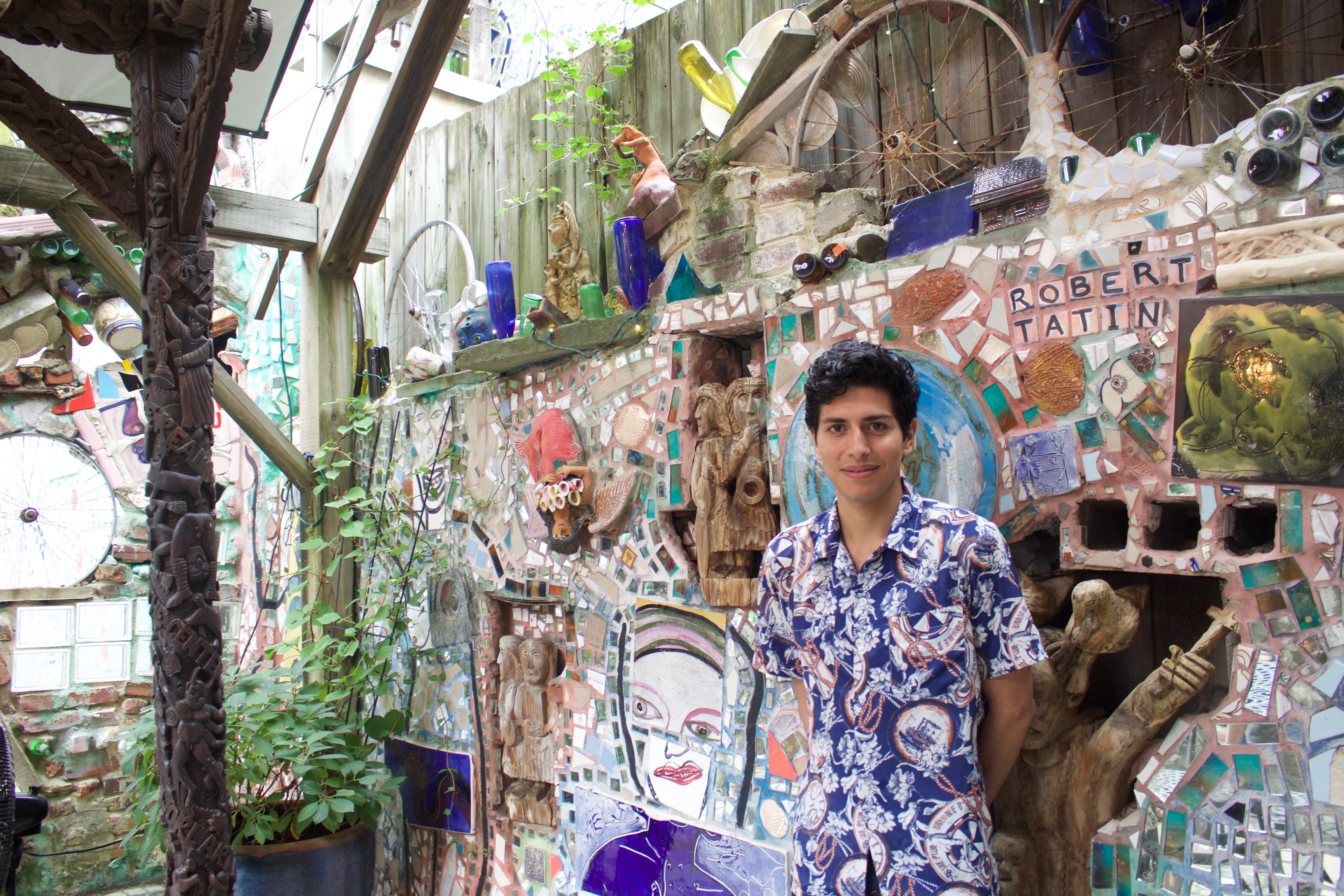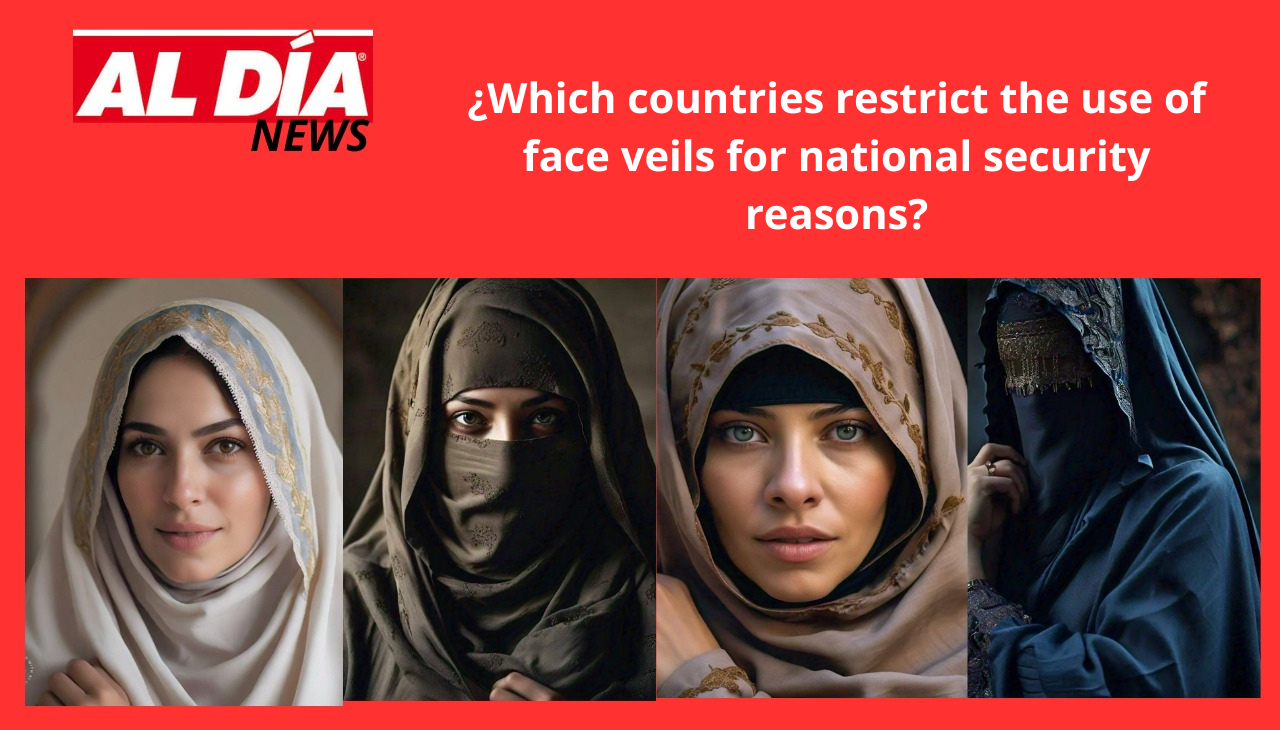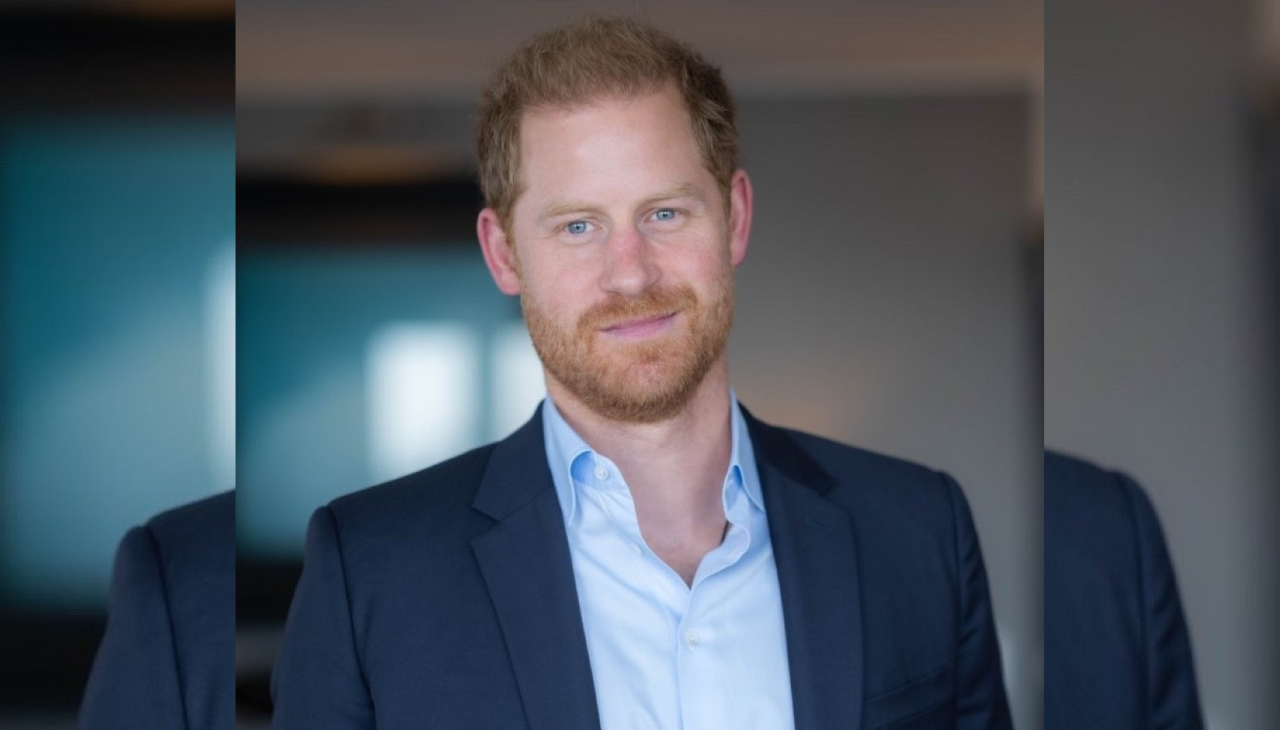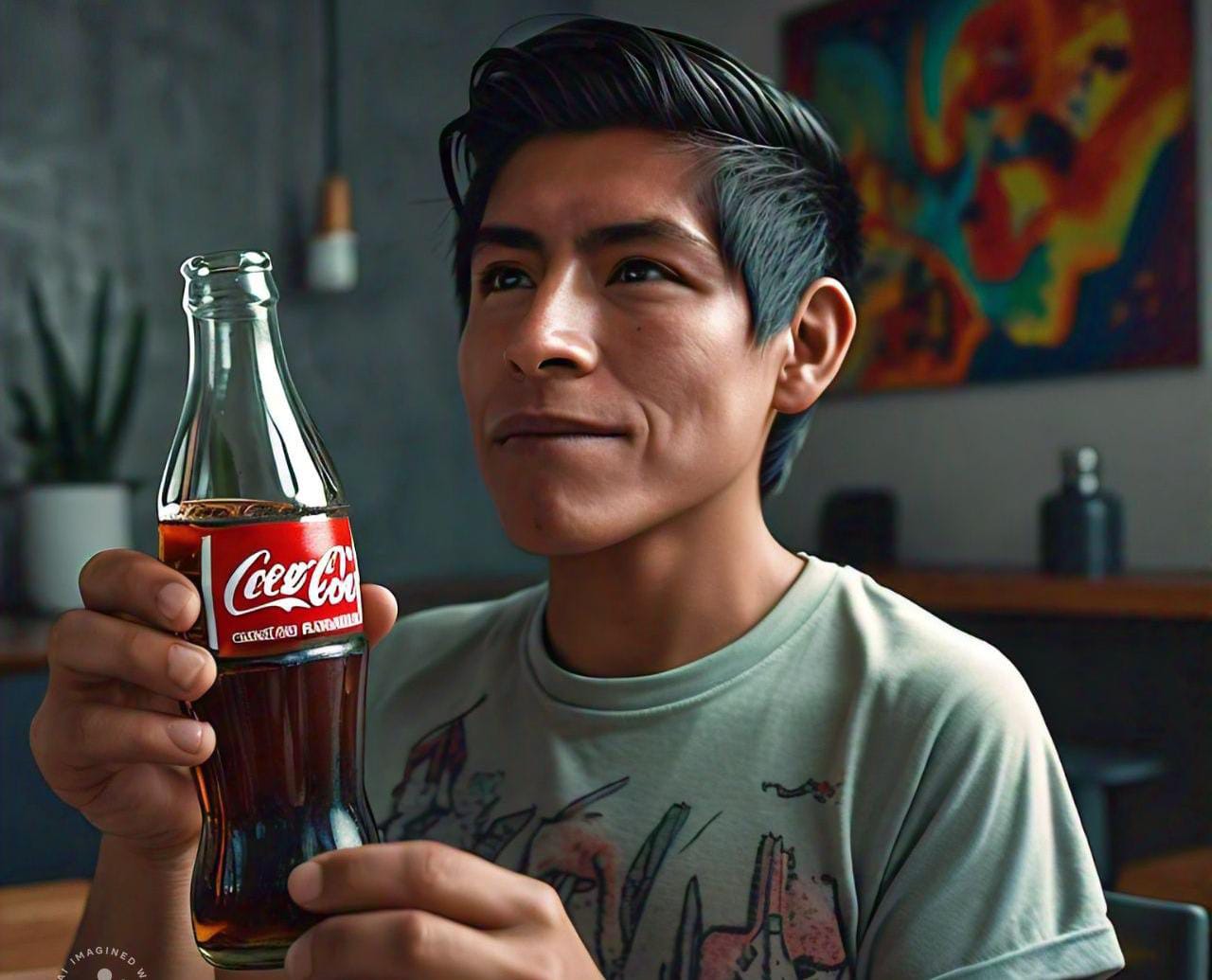
Reimagining mezcal and the traditions of ‘Material Mexico’
Philadelphia's Magic Gardens is hosting a talk and mezcal tasting with Mexican designer and innovator Salvador Peribán on Oct. 11 as part of an effort to…
For Mexican innovator and designer Salvador Peribán, our perception of craft and folk art in Mexico and throughout the world needs to be recognized for its relevance to today, a relevance that is “not only due to its historical value.”
“It’s not like, ‘oh, that was great’ and we should keep it in glass boxes for the rest of eternity and be humble in front of it,” said Peribán, laughing.
“I think it tells us things about how we can craft reality today, and I guess what a place like this tries to do,” he added, looking around at Philadelphia’s Magic Gardens.
His work in this area has ranged wide and far, from ceramics to glass-making, to mezcal distilleries, but today from 6 p.m. to 9 p.m. at the Philadelphia’s Magic Gardens “Material Mexico” event, Peribán will speak specifically to his experience working as a designer in the mezcal industry in Mexico, and his vision of a new way to not just honor and preserve but also see the full potential in traditional crafts, folk art, and artisanal work like mezcal distillation and production.
“If you think of tradition as just this extremely rich starting point, I think you’re going to respect it just because it is its own valuable source,” said Peribán.
Folk art and its contemporary relevance is a theme that is near and dear to the Philadelphia’s Magic Gardens.
Emily Smith, executive director of the Magic Gardens, explained that Isaiah Zagar, the artist and founder of the art environment on South Street, has for years taken his sketches to various folk artists in Mexico who then create sculptures or other artworks in different mediums based on that idea.
“It creates this whole other piece, this third piece. You make the drawing then you collaborate with the artist,” said Emily Smith, executive director of Philadelphia’s Magic Gardens, of a recent piece that Oaxacan artist Demetrio Aguilar had sculpted in collaboration with one of Zagar’s drawings.
“They have no problem in taking a Jewish American guy working in Philadelphia and taking these 2,000 year old techniques and making something out of that,” noted Peribán.
To further highlight the folk artists in Mexico and beyond who have contributed pieces to the space and are featured throughout the mural and sculpture parts of the museum, the Magic Gardens recently released a new brochure in both English and Spanish that highlights some of the artists, many of them Mexican traditional folk artists, and explores their stories.
For Peribán, the important aspect is to “acknowledge the potentials” of any piece of folk art, artesanal drink and food, beyond simply the idea of selling a lot as your only criteria.
In his own experience, Peribán has witnessed the value in considering traditional art-making in concert with technological innovation - for example, controlling temperatures inside a kiln to perfect ceramics, or having a better read on decisions that producers can make during the mezcal distillation process. That is the essence of folk art and creation, in Peribán’s eyes.
“There’s a lot of other people in a lot of other places living different lives than the ones that we have….and we can access those lives through folk art, mezcal, and craft in all its shapes and forms,” he said.
Peribán’s father is an avocado farmer in Peribán, Michoacán, Mexico — the town that Peribán grew up in and whose name he ultimately borrowed for his own. Like many of his compatriots from rural areas and small towns, Peribán was the first in his family to go to college.
After majoring in Industrial Design at the Universidad Iberoamericana in Mexico City, Peribán moved to Oaxaca and worked with ceramics and a glass studio for several years. Both projects enabled him to analyze how to optimize the machinery and systems used in the process of creating what are known to be traditional folk art and objects in Oaxaca. Eventually, Peribán began to devote most of his time to the design of a new way of producing mezcal at a larger scale at a glass studio called Xaxique.
Mezcal is distinct from other types of alcohol because one of the rules that has to be followed in the production process is that the heat which distills the alcohol cannot be created via steaming technology as often happens with other liquors. Instead, the alcohol container has to be heated directly by a flame.
This then presents a design difficulty, as producers can’t buy one set of technology and install it for mezcal the way they are able to do with tequila or other forms of alcohol.
With his team at Xaxique, the glass studio, Peribán began to figure out a system that would distribute the flames, and that would at the same time be sustainable and have the potential to use alternative energies while preserving the flavor quality. They succeeded, and there are now three clients who utilize the design they created. Peribán was ultimately hired by one of those clients, Sombra Mezcal, and worked with the team to develop the distillery that they were building in Oaxaca.
Peribán said that the tension between preserving cultural heritage and creating a business is a question that he confronted throughout the mezcal production process.
In his view, it is important to view an object while taking into account the historical perspective which includes technical limitations and other aspects to why something had a particular shape or a process had a particular format.
Mezcal, for example, was originally made with ceramic containers because that was what was available thousands of years ago, Peribán noted. But that meant that the containers would break a lot and though it does lend a unique flavor to the drink, using ceramic containers is “absolutely incompatible with the market,” said Peribán.
Though Peribán said that the exact origins of mezcal are unknown, it is widely understood that mezcal production was traditionally not a business — it was instead made for parties, weddings, celebrations, and other important events in the community.
But as the context changes, “the technologies change around you, and, thank God, the product changes,” said Peribán.
“I think that I’m a huge advocate for change, the other perspective I think is very reductionist,” he noted. “A lot of our traditions are really messy and are a consequence of change that really got in the national discourse understood to be bastions of our identity.”
Peribán will speak more on the topic and provide samplings of mezcal at "Material Mexico" from 6 p.m. to 9 p.m. on Oct. 11 at Philadelphia’s Magic Gardens, in partnership with Design Philadelphia.











LEAVE A COMMENT:
Join the discussion! Leave a comment.